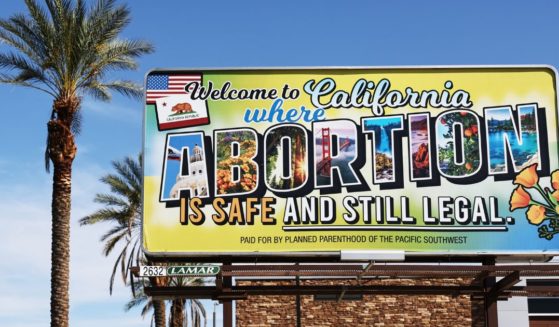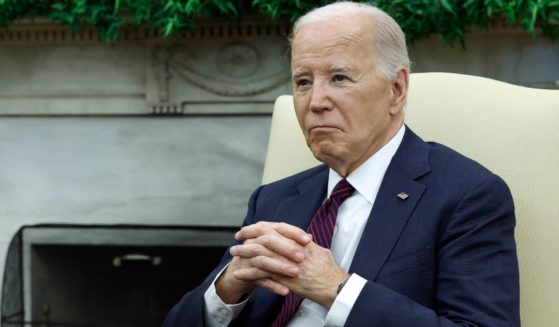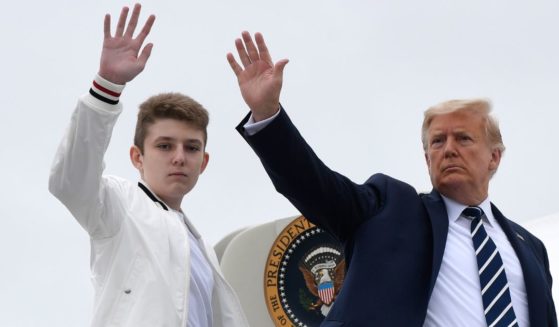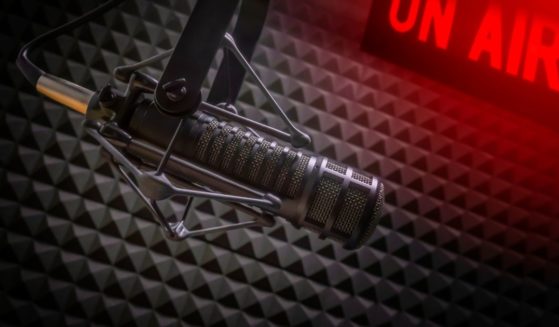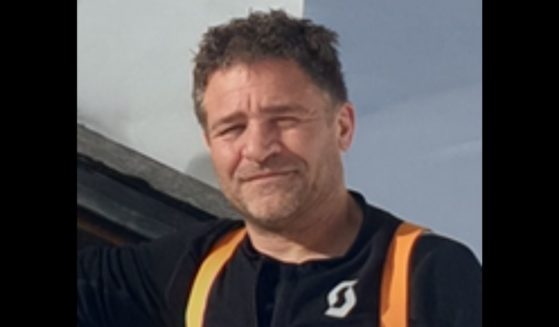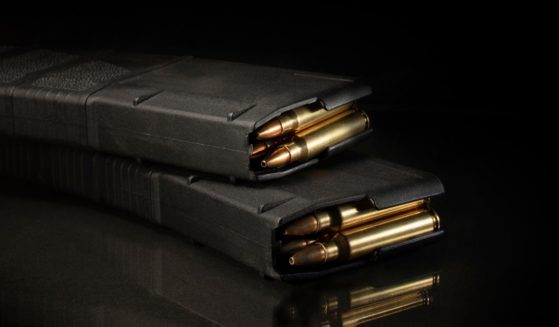Arizona Republicans Work to Make Sure Monument Destruction Never Happens Again
Republicans in the Arizona Legislature are working to make it a felony to damage or destroy any public or private monument or statue.
Rep. John Kavanagh promoted his proposal at a Senate committee hearing on Thursday by saying public monuments are a statement by the community that need more protection.
The proposal adds defacing a monument or statue to an existing law that makes it an aggravated felony offense to deface a cemetery headstone or church. The most severe damage could result in a prison term of more than 3 years.
“A statue to somebody, a gravestone of a relative, a statue to an event, is an edifice that either one person or, for most of these now, an entire community put up,” Kavanagh said. “It’s a statement by the community … and that is what is being desecrated.”
The May 2020 death of George Floyd in Minneapolis triggered a wave of protests and riots across the country, some of which targeted monuments.
Arizona wasn’t spared, with a memorial to Confederate troops at the state Capitol splashed with red paint last June and removed in July. Also removed was a statue on state property along U.S. Highway 60 near Gold Canyon marking the Jefferson Davis Highway honoring the Confederate president.
At a House hearing last month, Shelby Young of the Arizona Coalition for Change decried the proposal.
“Confederate statues celebrate an era and individuals who would see a girl like me and have me beaten, raped or killed,” Young told the House Judiciary Committee on Feb. 15.
“Instead of targeting the community who want theses statues gone, who have watched their ancestors’ perpetrators be admired for centuries, let’s work with them and create an America we all can celebrate.”
Kavanagh responded by saying his proposal protects all monuments, not just those celebrating Confederate figures.
“This bill will penalize the same a neo-Nazi racist who desecrates a statue of Martin Luther King as it would to Jefferson Davis, were we to have a Davis statue, which we don’t,” Kavanagh said.
Democratic Sen. Martin Quezada of Glendale objected.
“A lot of these monuments are ones that have a very bad history and those are the only ones that are being targeted right now,” Quezada said.
“What this does is it further criminalizes the efforts of a community to make a better statement, a counterstatement, to say that we no longer celebrate those types of values. We no longer celebrate slavery, we no longer celebrate veterans of Confederate history.”
Republicans on the Senate Judiciary Committee said Kavanagh’s proposal simply enforces the law and approved it on a 5-3 party-line vote on Thursday.
It passed the Republican-controlled House on a party-line vote last month and awaits action in the full Senate, where GOP members also hold a majority.
“There’s never an excuse to break the law to enforce a point,” GOP Sen. Wendy Rogers of Flagstaff said. “And we have to abide by the law.”
The Western Journal has reviewed this Associated Press story and may have altered it prior to publication to ensure that it meets our editorial standards.
Truth and Accuracy
We are committed to truth and accuracy in all of our journalism. Read our editorial standards.

